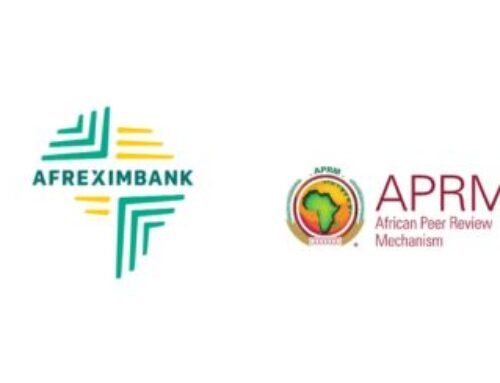
The fixed-income market in Nigeria is going to be very active in 2023 going by market analysis. This is based on trends and patterns in world economies, speculated recession, historic lows reached by global stocks and other risky assets, as well as the increment of interest rates by the CBN. Ultimately these will all result in foreign investors to look for solace in fixed-income instruments.
The Nigerian fixed-income space currently offers fertile ground for investors as the Central Bank is speculated to continue an MPR increase, hence making yield more attractive to investors, while it faces lesser competition from advanced economies that have already increased theirs and are currently looking to slow the rate of hikes to avoid overheating their economies.
According to market analysts, investors will be forced to reposition their portfolios from equities to fixed-income instruments as a result of monetary tightening brought on by rising inflation. This in turn is expected to help check demand, push inflation, drive up the foreign exchange reserves, and strengthen the naira against the dollar.
The 2023 Budget passed by the Nigerian Senate was increased by 6.5% to N21.8 trillion, which will result in more activities within the bond and fixed-income markets.
The Budget is expected to cause a significant movement in activity away from the stock market and towards the bond market. The performance of the stock market might be negative in 2023 if the CBN keeps tightening monetary policy to control inflation.
Fundamentally , the fixed-income market thrived better than the equity market in 2022. The stock market witnessed an increase in interest rates to 16.5% as investors continued to take advantage of the rising yield environment in the fixed-income space. However, increasing inflation rate will erode the purchasing power of the returns gotten from fixed-income assets.








Leave A Comment